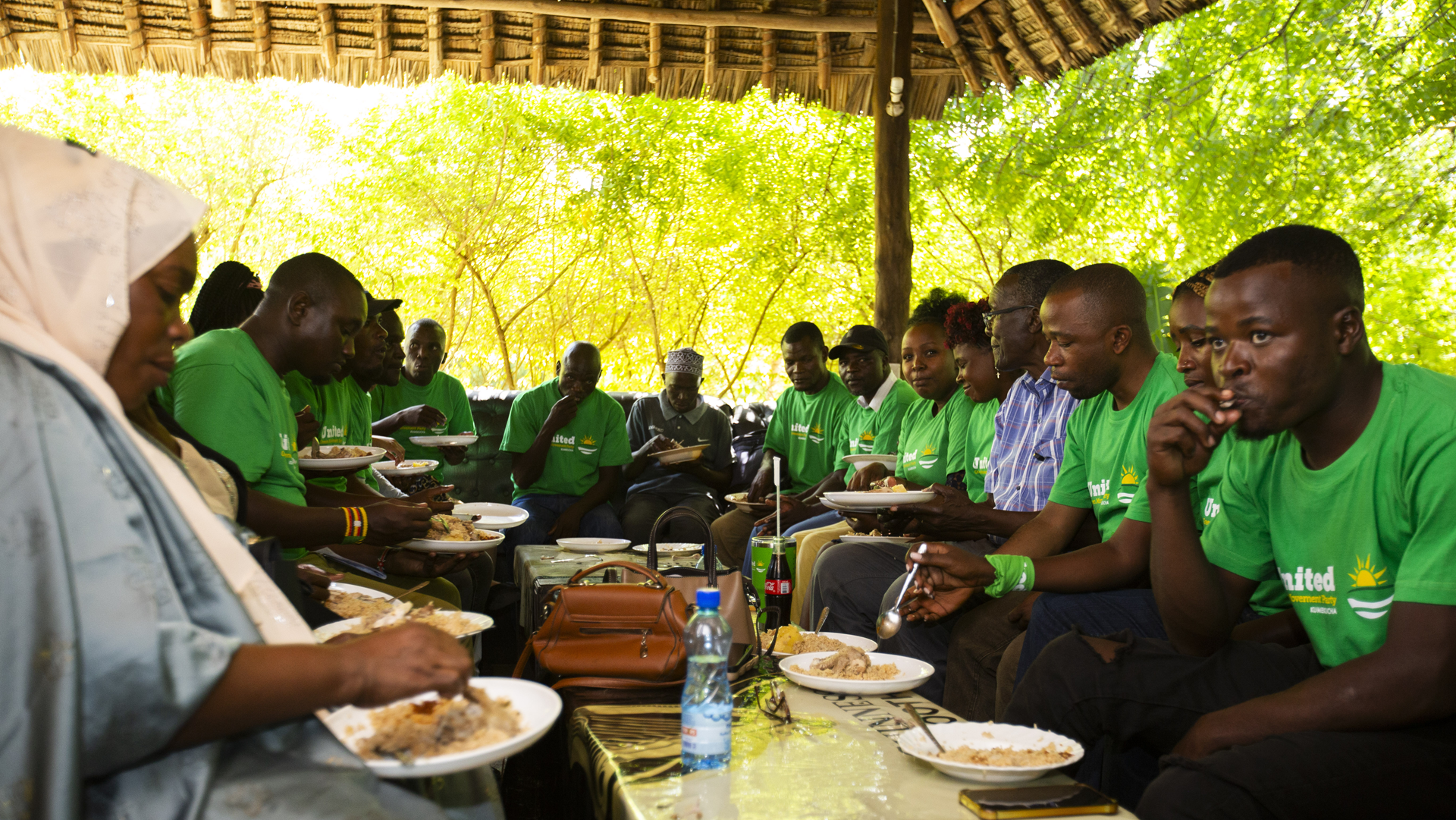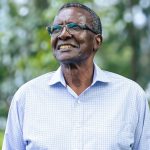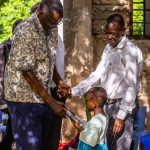Ukatiba is more than a legal framework; it is a covenant between the state and its citizens, a constitutional promise that power will serve, not rule; protect, not plunder; give dignity, not diminish humanity.
Guard our people | Grow our nation | Guide our future
Defining ukatiba philosophy
Restoring the Soul of the Republic

I: Ideological Foundation:
The Ukatiba Ideology is rooted in the conviction that Kenya’s rebirth must come through a return to first principles: the moral and constitutional foundations of our Republic. Ukatiba is more than a legal framework; it is a covenant between the state and its citizens, a constitutional promise that power will serve, not rule; protect, not plunder; give dignity, not diminish humanity.
Ukatiba provides a set of beliefs, values, and ideas that guide Kenya’s political, social, and economic systems toward justice, equity, and human dignity. It affirms that good governance is not simply about efficiency but about ethics, truth, and trust; and that the purpose of leadership is stewardship, not domination.
II. Political Philosophy: Constrained Power
At the heart of the Ukatiba political philosophy lies one principle: Power must be constrained.
In a country wounded by impunity, greed, and state overreach, Ukatiba asserts that the highest form of leadership is self-restraint. It insists that constitutionalism, not personality, tribe, or wealth, must be the ultimate source of authority.
A David Maraga presidency under the Ukatiba philosophy would thus be built on the humility of limited power:
1. Limiting one’s sphere of authority to prevent the arrogance of absolute control.
2. Strengthening independent institutions so that justice and accountability flow from systems, not sentiments.
3. Restoring checks and balances, ensuring that no arm of government rises above the Constitution.
This is not weakness; it is the essence of wisdom. Power constrained by principle is the foundation of stability.
III. Moral and Philosophical Vision
Philosophically, Ukatiba engages the timeless questions: What is the meaning of life? What does it mean to belong? How do we live together in truth and justice?
It affirms that Kenya’s crisis is not only economic or political — it is existential. The people’s pain arises from a sense of betrayal, exclusion, and neglect. Ukatiba responds to this by offering a philosophy of care: a belief that governance must ease the pain of neglect, rekindle trust, and heal the nation’s broken covenant with its citizens.
It seeks truth, not propaganda; justice, not patronage; belonging, not bondage. It invites every Kenyan; young and old, poor and rich, to participate in the moral reconstruction of the Republic.
IV. Economic and Social Renewal
Economically, Ukatiba envisions a just and disciplined system that rewards work, integrity, and innovation rather than greed and connections. It seeks to:
1. Rebuild the economy on the foundations of accountability and productivity.
2. Channel public resources toward public good: health, education, and youth empowerment.
3. Restore fairness in taxation, transparency in procurement, and justice in wealth distribution.
Socially, it calls for a compassionate state — one that listens to the cry of the ordinary citizen and measures progress by the welfare of the least among us.
V. The Promise of Hope
Ultimately, Ukatiba is hope made constitutional. Hope that has a plan and a path to realization of a people’s forgotten pact with their destiny. Hence, Ukatiba ndio Tiba.
It is the belief that the law can be a healing instrument, that the humanity promised in the Constitution can shape public policy, and that faith in our common destiny can overcome the divisions of tribe and class.
A David Maraga presidency guided by this philosophy would seek to reset the moral compass of the nation, reminding Kenyans that leadership is not about privilege but about service; that to govern is to protect, not to profit.
In Ukatiba, Kenya discovers the elusive path to its nationhood, and provides the full realization of one people, drawn from many.







